Written by Rifki Orzech
Open the bathroom door and like many parents, you might find a little person looking up at you. Just waiting. Perhaps your toddler took Ruth’s famous statement to heart, wherever you go I will go Mother. Sit down with your child and the story or an iPad with Jigzi, it’s a strange bedtime story but let me make my case…
On one leg: An Israelite family emigrate from Bet Lechem to Moav to escape famine; Elimelech, the patriarch, dies leaving Naomi a widow. Their sons, Machlon and Chilyon, marry and die a decade later, without offspring. Their mother, Naomi, is left bereft and decides to return to Bet Lechem. Her two daughters-in-law insist on accompanying her. One, Orpah, eventually turns back and the other, Ruth, stands firm and stays with Naomi all the way home, because, “your people are my people, your God—my God.”
Like any good novel, we follow the twists and turns in Naomi and Ruth’s fortunes with bated breath. The tale ends with Boaz and Ruth’s genealogy, as if to signpost the purpose behind the saga. The megilla names their descendant, King David. It’s a wonderful origin story for the shepherd, the musician, and the poet, who, legend has it, passed away during the harvest festival. It’s a biblical How I Met Your Mother!
A theme that comes through quite strongly is kindness; Ruth takes care of Naomi, Naomi mentors Ruth. Boaz speaks of Ruth’s kindness twice. Boaz redeems Ruth and marries her. The rest, as they say, is history, and the story that began with the abandonment of friends and family for greener pastures finishes with a flourish of wall-to-wall charity and kindness.
You could look at it as an origin story describing modest circumstances – the king himself is just one of us. Or, you could see it as a story of kinship, connection and an inheritance of compassion and consideration. We don’t allow our stories to get dusty, we reading them every year and they continue to influence our imaginations and shape our destinies.
From stranger to member of the tribe, from rags to riches, by uttering simple words and understanding her destiny, a Moabite woman became the grandmother of kings.
Wherever you go I will go—a story of picking up the tab of responsibility with a touch of noblesse oblige. Sure, stories might be strange, but life is strange, and that’s never a reason not to share them, learn them, dissect them in an age-appropriate way. More importantly, we should pass them on for the sheer enjoyment of grand, sweeping stories and the lessons they convey to the generations.
You can use the wonderful resources in Jigzi to build your own interactive story of Ruth and Naomi. As an extra, use the text-tool link to Sefaria to bring in biblical texts from the Book of Ruth (in English or Hebrew). Create puzzles, animations, storyboards and questions. You can do this with your child or do it yourself and present it to them to discover the story in your words and voice!
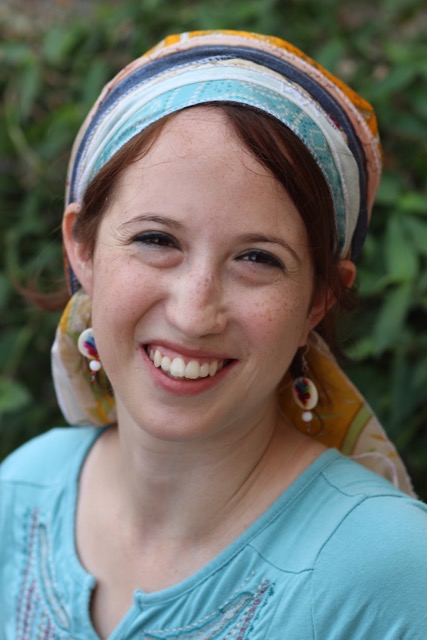

Rifki Orzech is an olah, a mother of three and a content writer with five years’ experience. She is passionate about women learning Torah and has completed the Susi Bradfield Educational Leadership Programme for Jewish women at the London School of Jewish Studies.



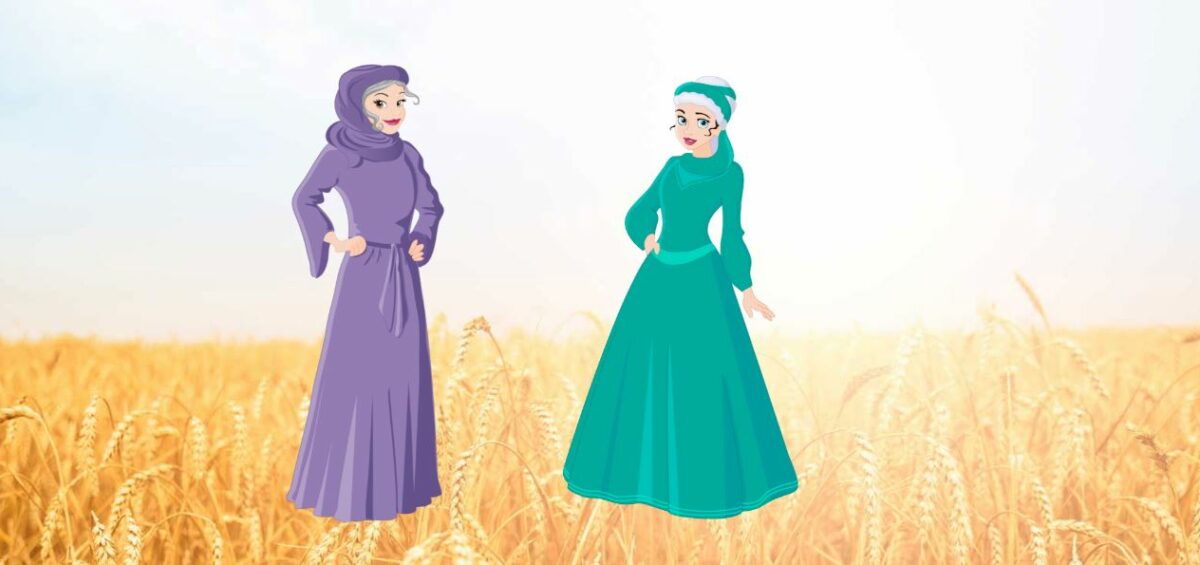


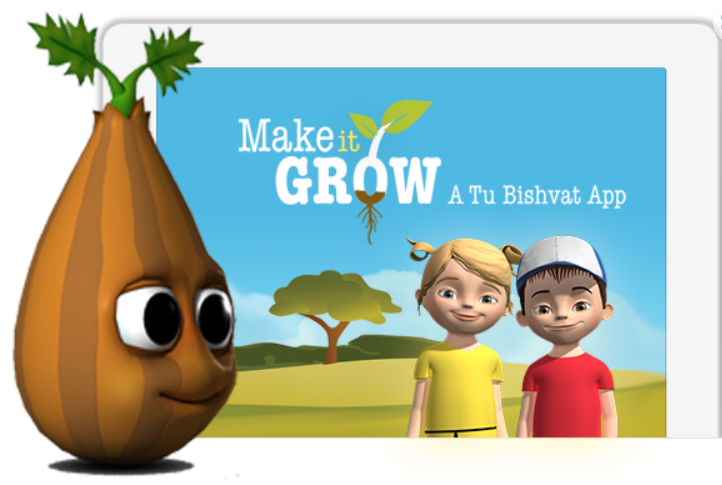
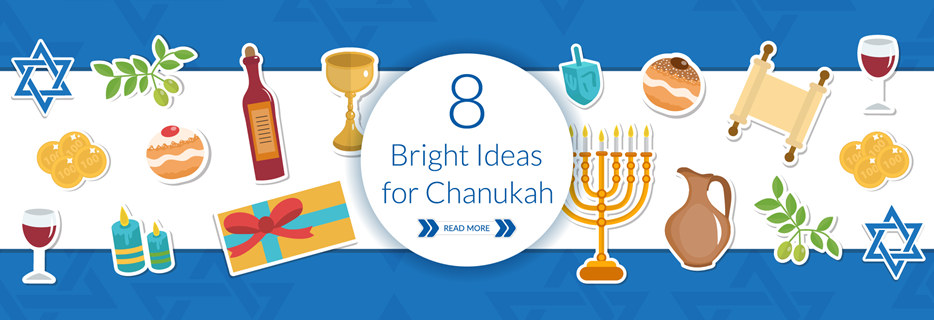

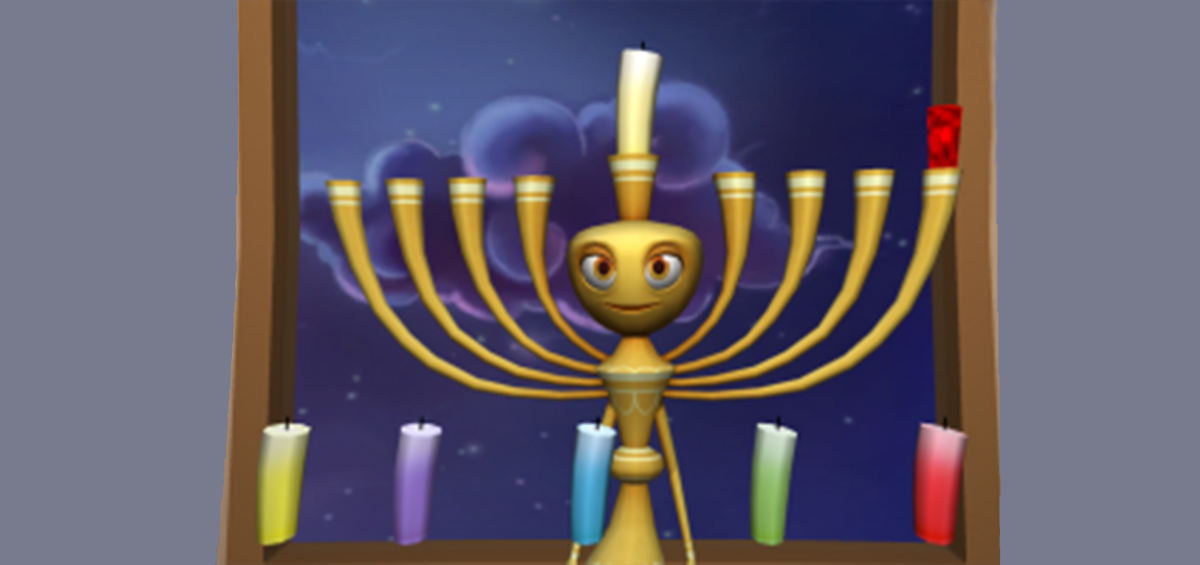



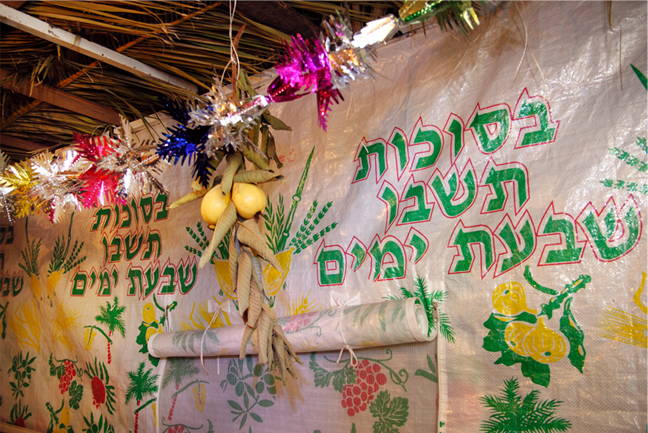

Leave a Comment